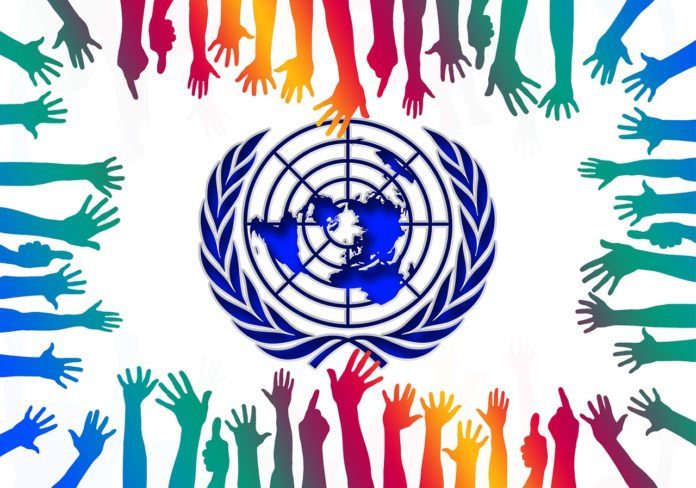The World Health Organization today with Costa Rica launched the “COVID-19 Technology Access Pool (C-TAP)” to ensure that knowledge, data and intellectual property are shared so that the diagnostics, therapeutics and vaccines needed to respond to the Covid-19 pandemic become available and accessible to all.
The initiative was first proposed to the WHO by Costa Rica on 23 March and is now cosponsored by 37 countries. Costa Rica’s call was endorsed on 27 March in an open letter to the WHO signed by nearly 100 public health organisations and experts, and since then momentum has been growing. Numerous global health organisations, including UNAIDS, UNITAID and the Medicines Patent Pool have also now pledged their support.
Medical innovation is urgently needed to develop and produce tools to fight the pandemic. To facilitate this, the C-TAP mechanism would gather in one place and make available knowledge related to prevention, detection and treatment of Covid-19. The Pool will facilitate both further innovation and the rapid scale-up of manufacturing for any promising technology that is developed. There are different ways to incentivise the sharing of knowledge with the Pool; for example, royalties could be offered on resulting products.
There is currently no proven effective vaccine or treatment to respond to the pandemic. It is encouraging that governments are investing large amounts of money to speed the availability of therapeutics, diagnostics and vaccines. But once an effective tool is available, demand for access to it will be immediate, and global. No one company will be able to meet the demand. C-TAP can both accelerate innovation and maximise global capacity to produce whatever innovation proves useful.
The initiative comes at a time governments and charitable institutions are spending billions of public financing on research and development of new health technologies for Covid-19. On 4 May, the European Commission hosted a pledging conference that initially raised 7.4 billion Euros for that purpose. As of today, that figure had grown to 9.8 billion Euros.
But what is missing from this unprecedented mobilisation of public funds is the requirement that intellectual property, knowledge, know-how and technologies whose development is supported by these funds are shared. This public money should have strings attached. Requiring recipients of these funds to license resulting innovations to C-TAP will help guarantee public benefit.
The C-TAP initiative itself is a voluntary initiative and will not itself be able to force holders of important intellectual property to license to the Pool.
Countries, however, do have the power to force licensing at the national level. Since the Covid-19 outbreak, several countries have amended their patent legislation to be able to take swift non-voluntary measures should patents form a barrier to ensuring adequate supplies of new products needed to prevent and treat Covid-19. Germany for example on 27 March passed the “Act on the Protection of the Population in Case of an Epidemic Situation of National Significance”, which facilitates use of a patented technology for the public welfare, without permission of the patent holder. (Germany is not yet one of the co-sponsors of the Solidarity Call to Action for C-TAP).
For the time being, a notable absentee from the rising chorus of support for knowledge, IP and data sharing via C-TAP is the pharmaceutical industry, which enjoys billions in public financing to develop Covid-19 products and vaccines. They have unhelpfully misrepresenting the initiative. But it is now time for them to better understand the proposal and to come to the table.
Medicines Law & Policy brings together legal and policy experts in the field of access to medicines, international law, and public health. We provide policy and legal analysis, best practice models and other information that can be used by governments, non-governmental organisations, product development initiatives, funding agencies, UN agencies and others working to ensure the availability of effective, safe and affordable medicines for all.
